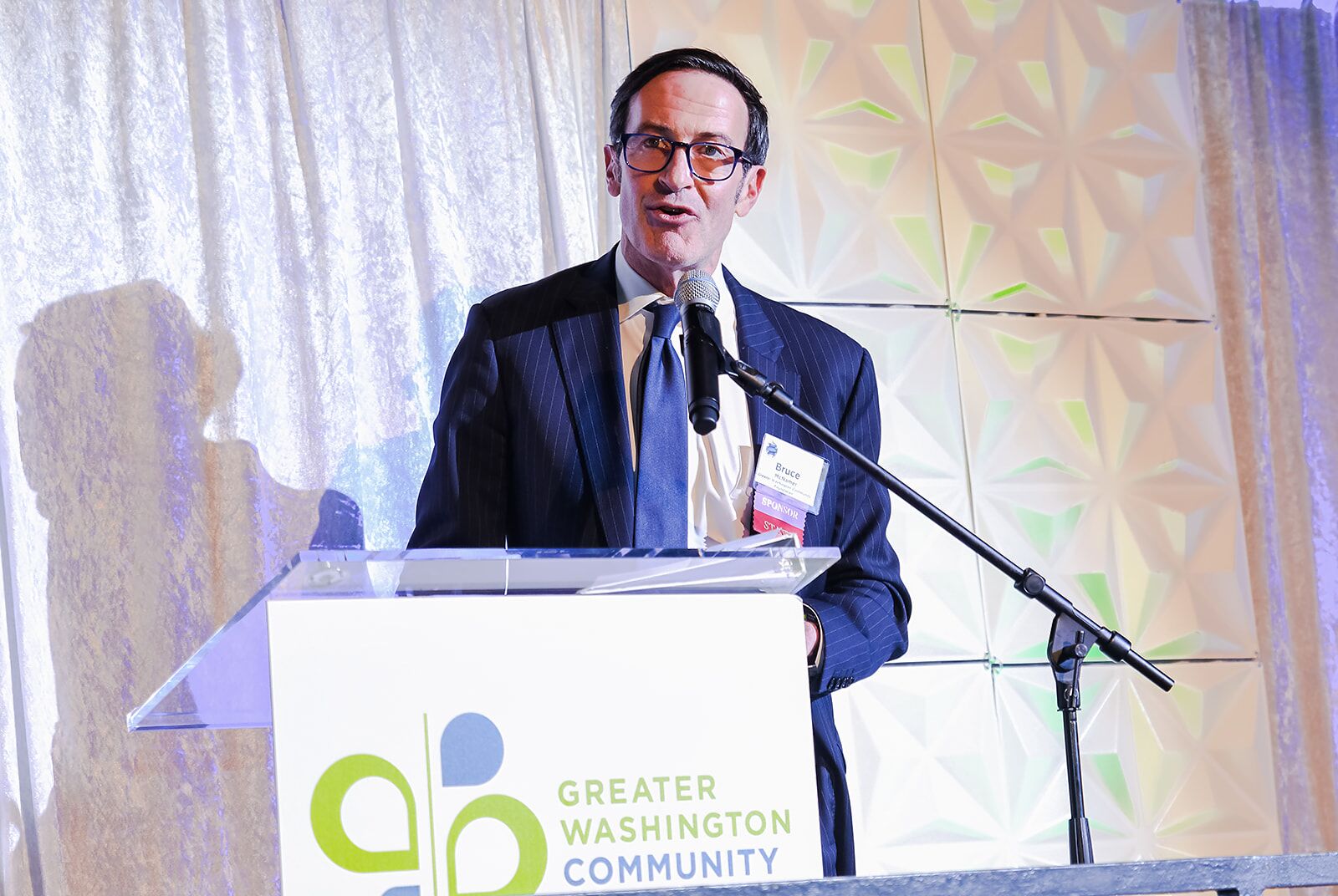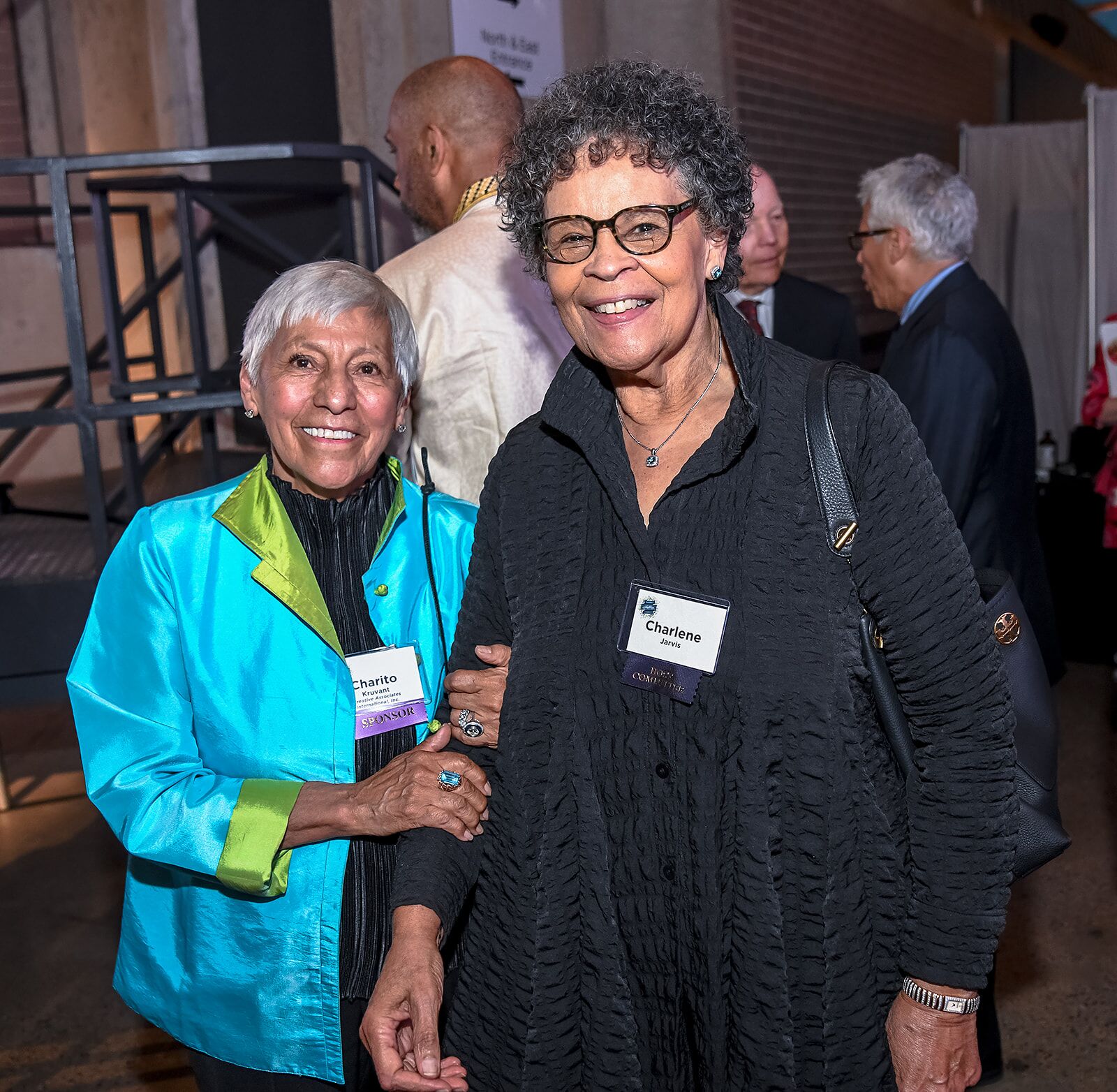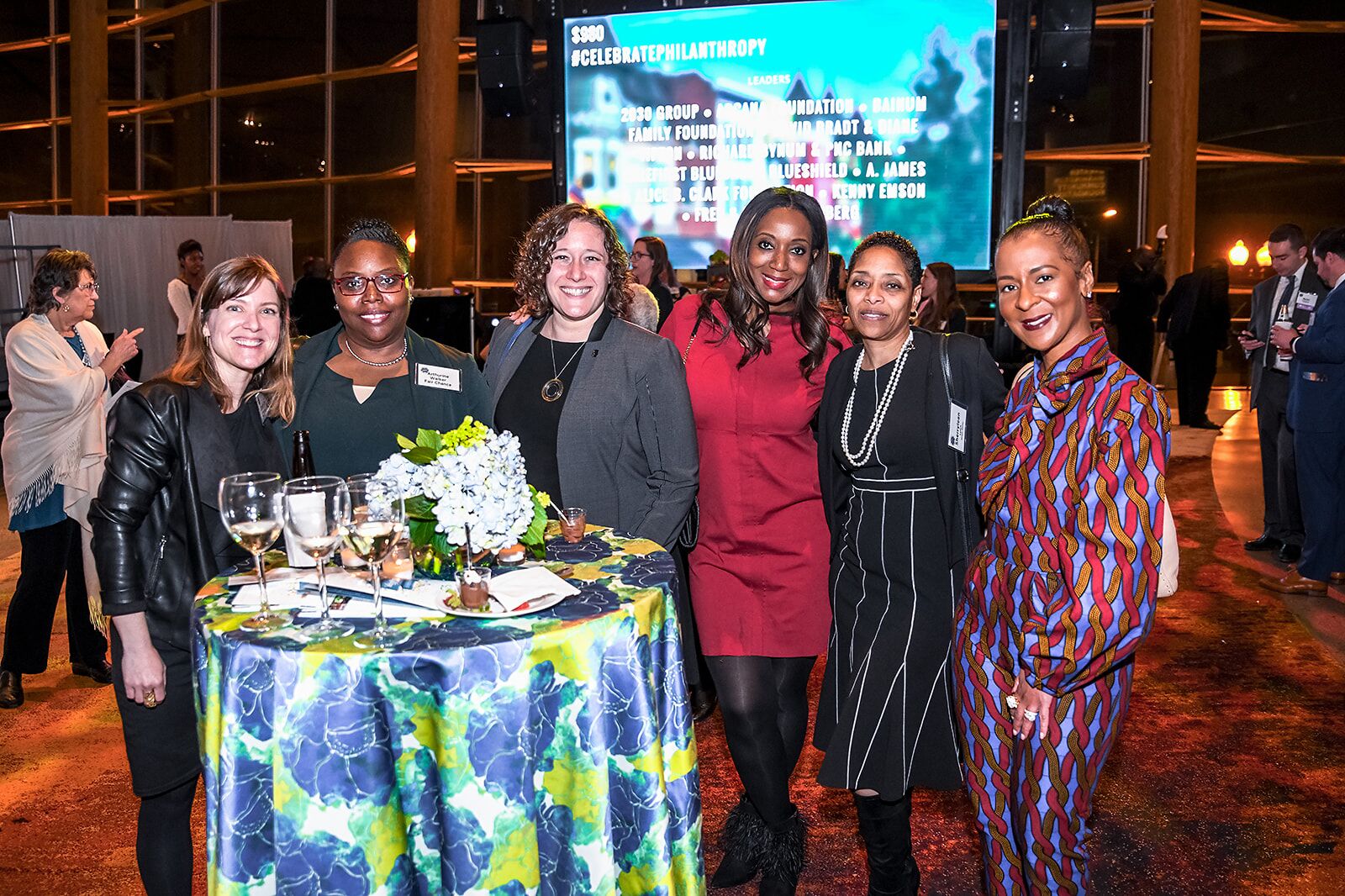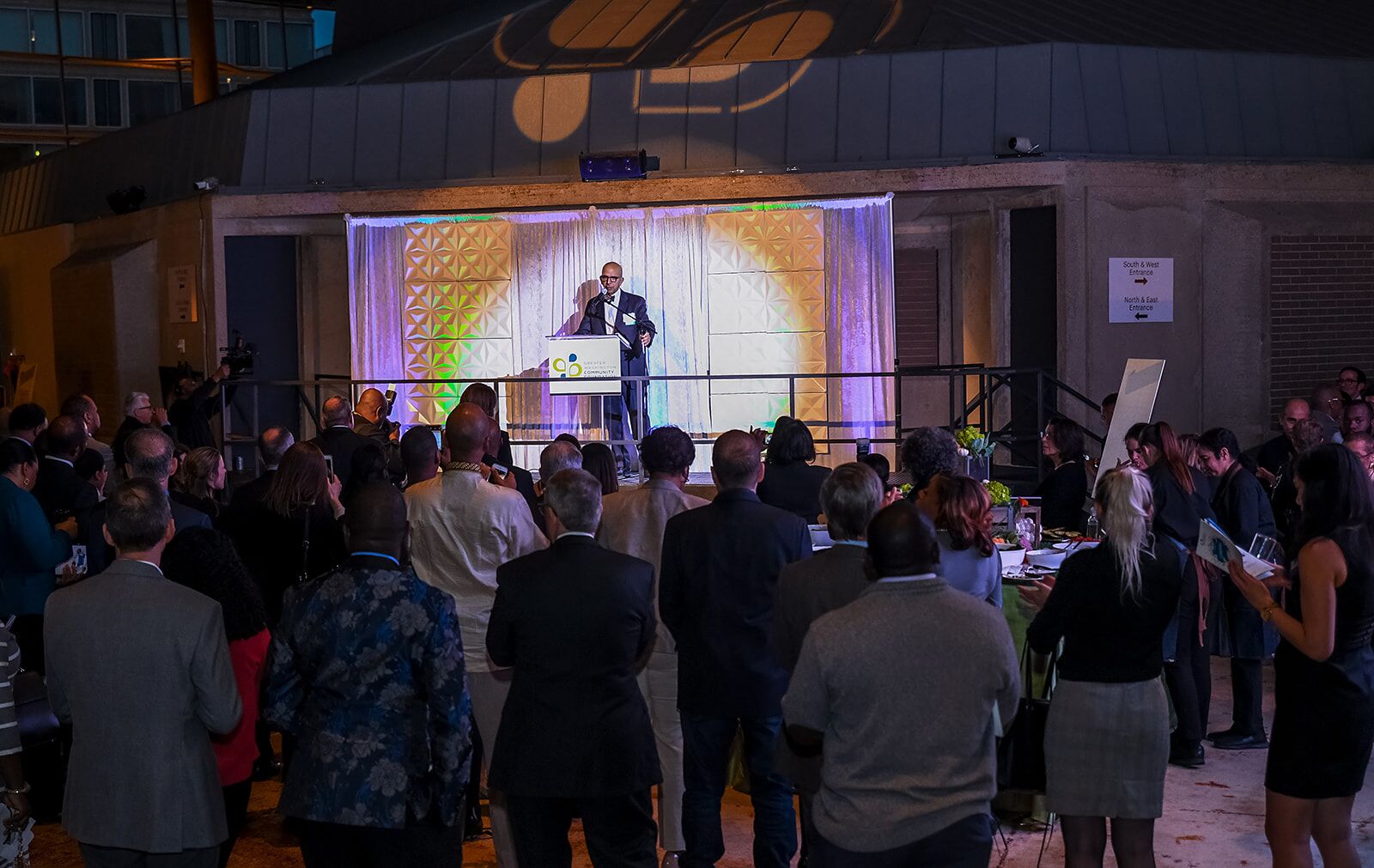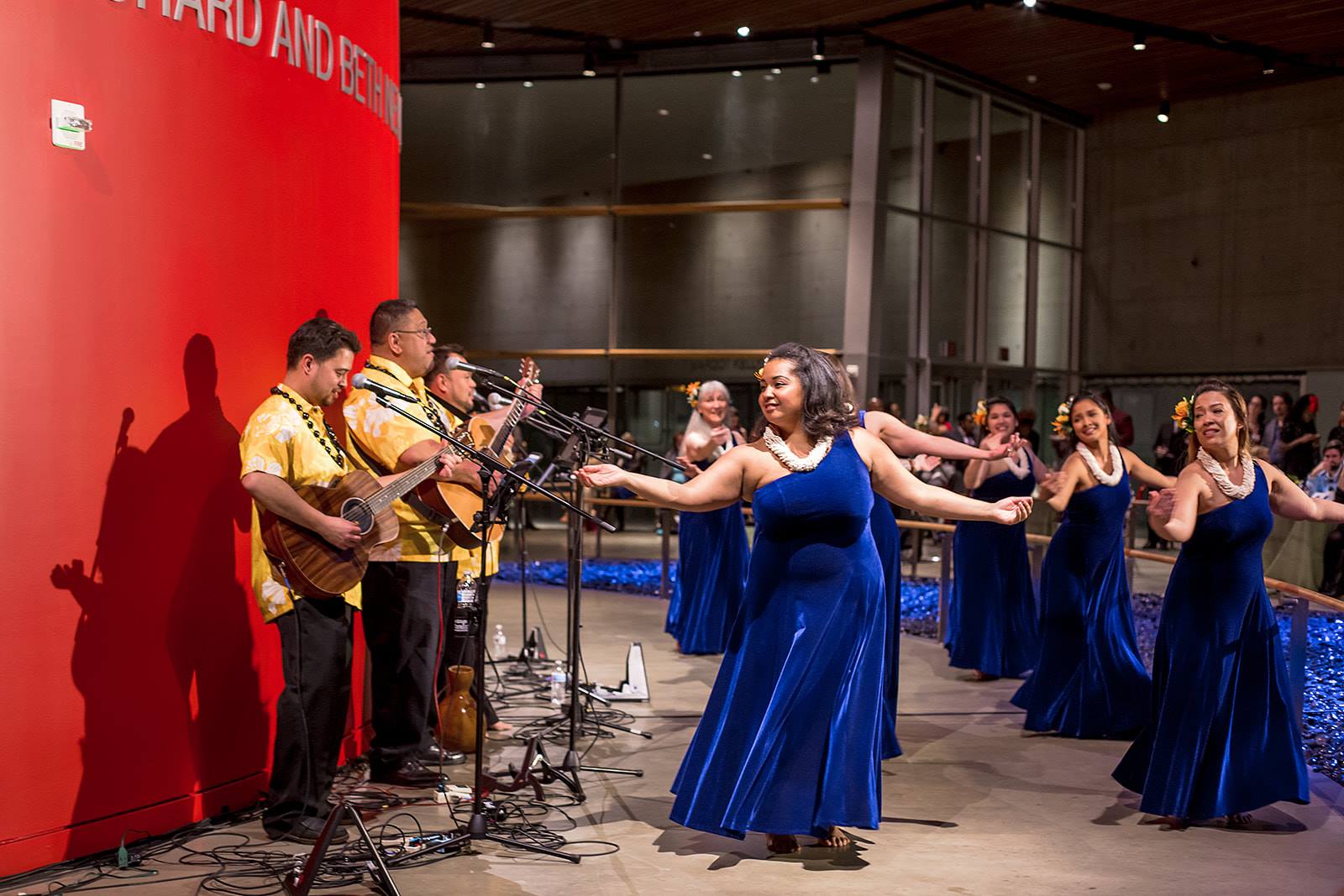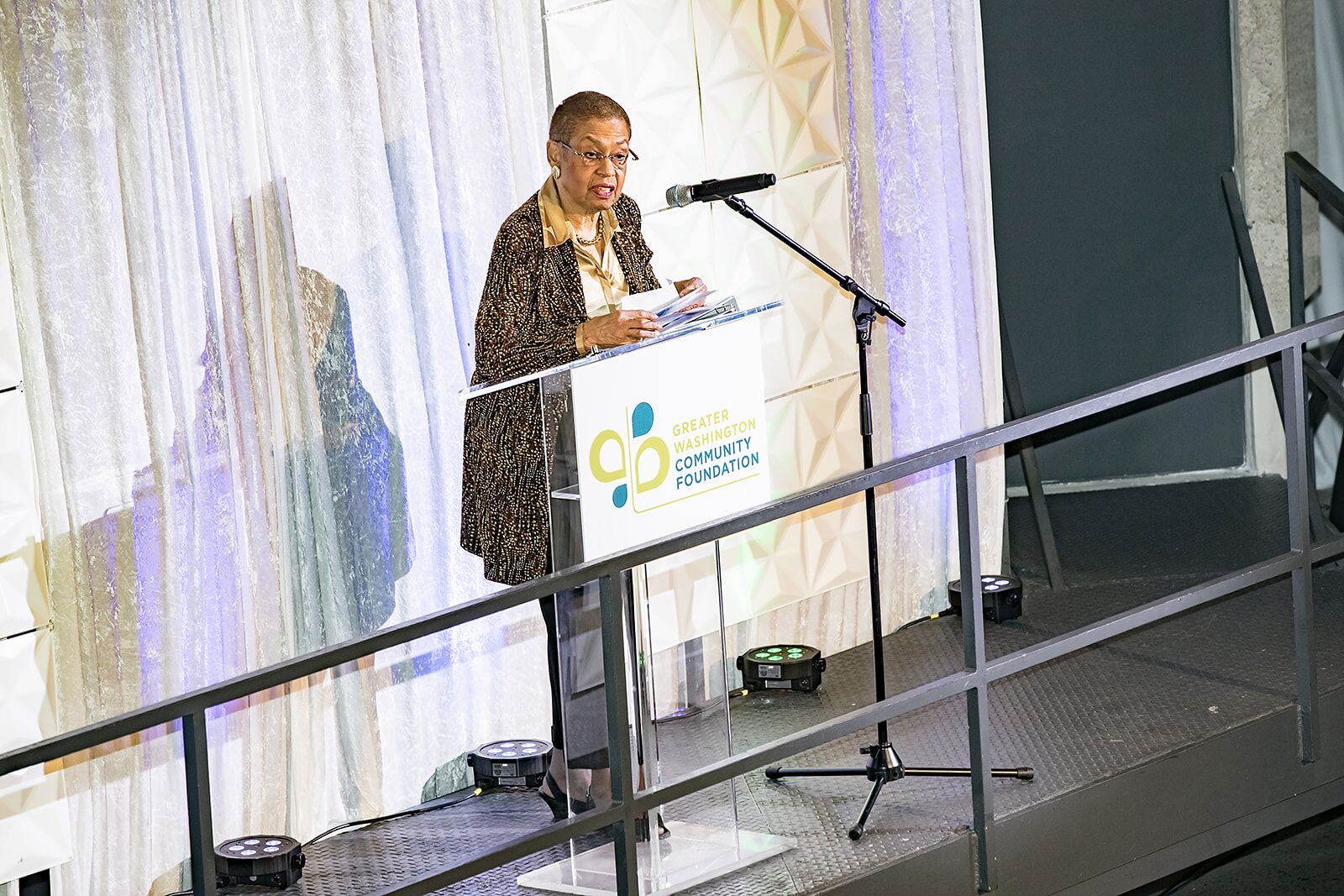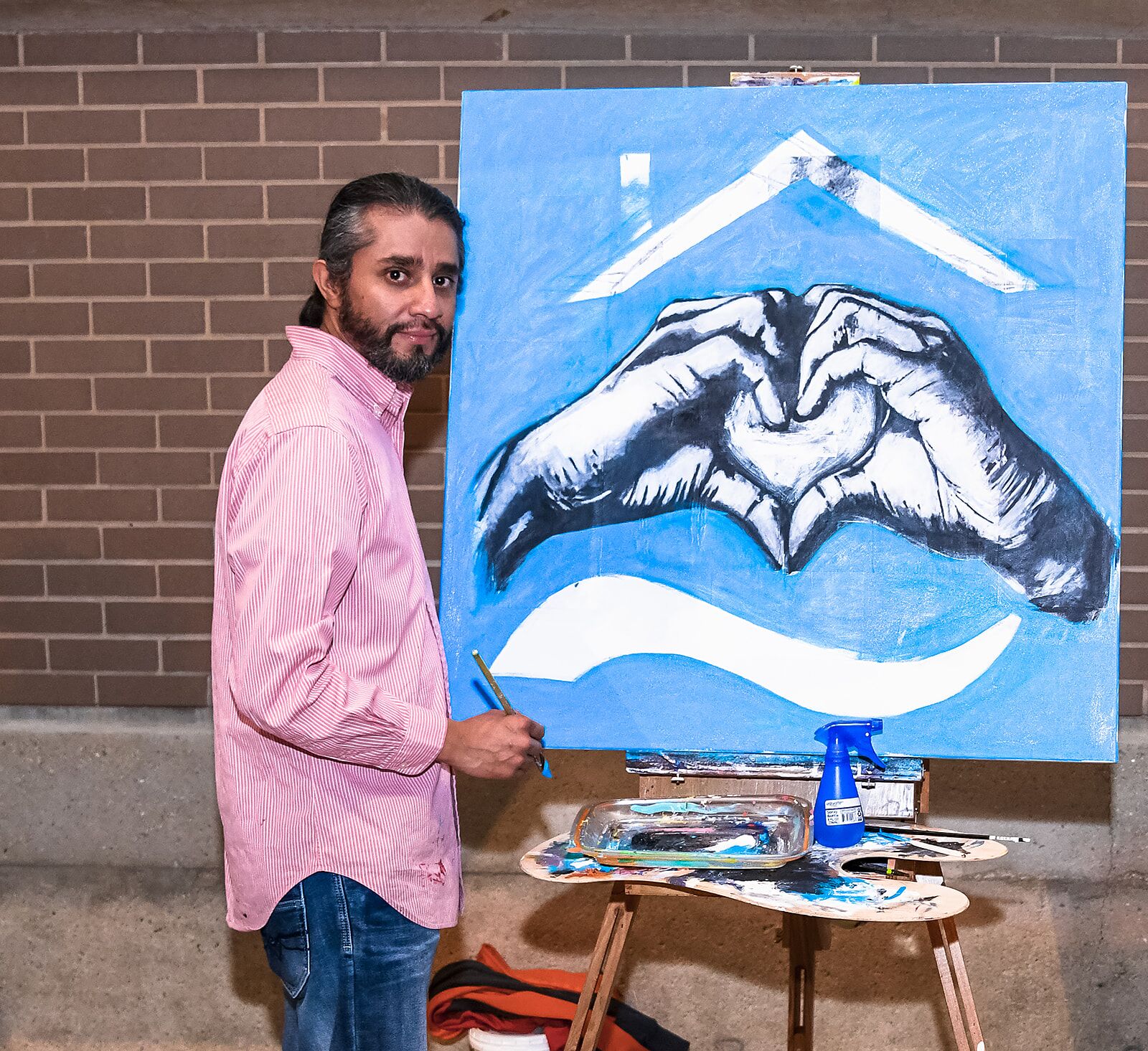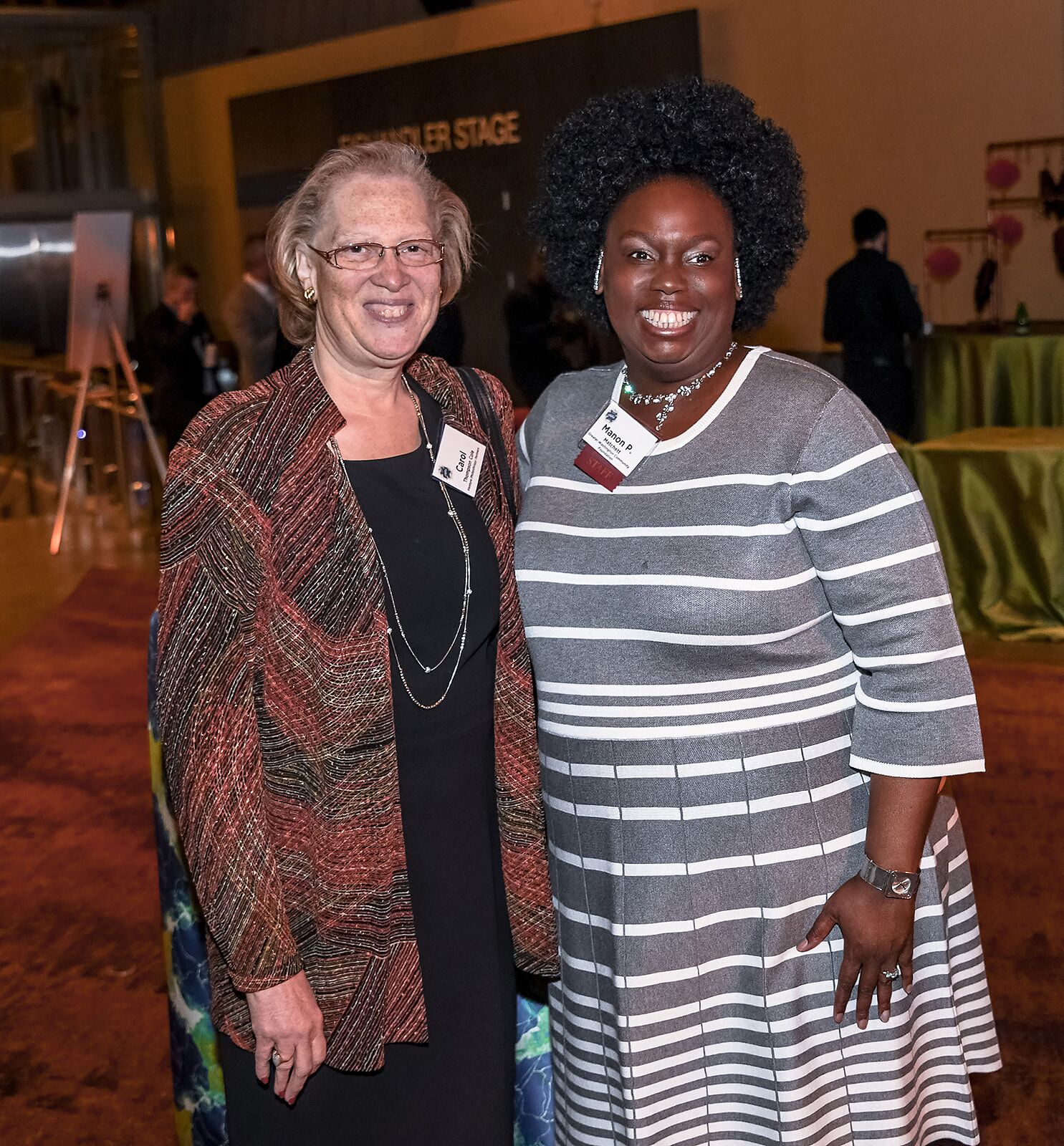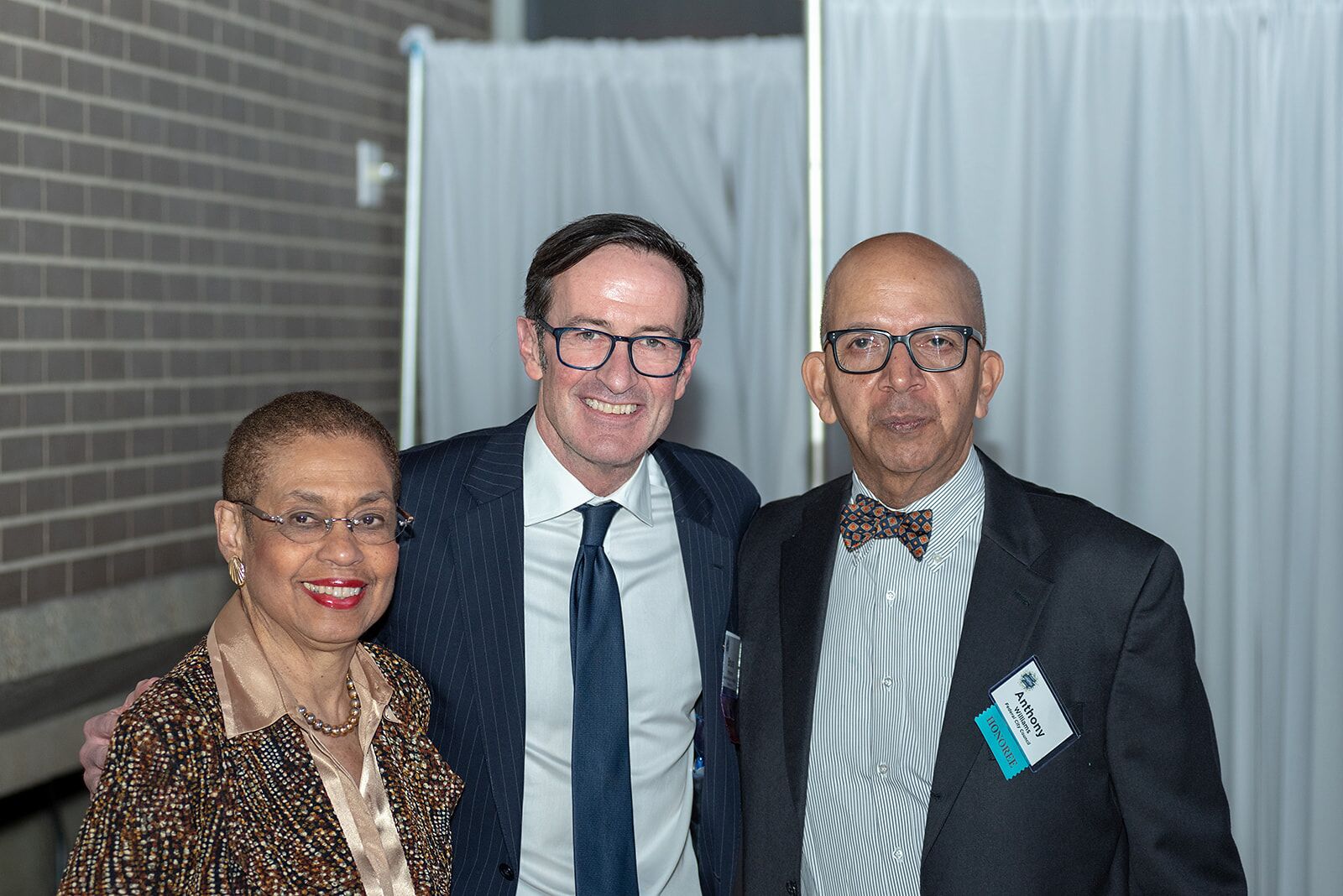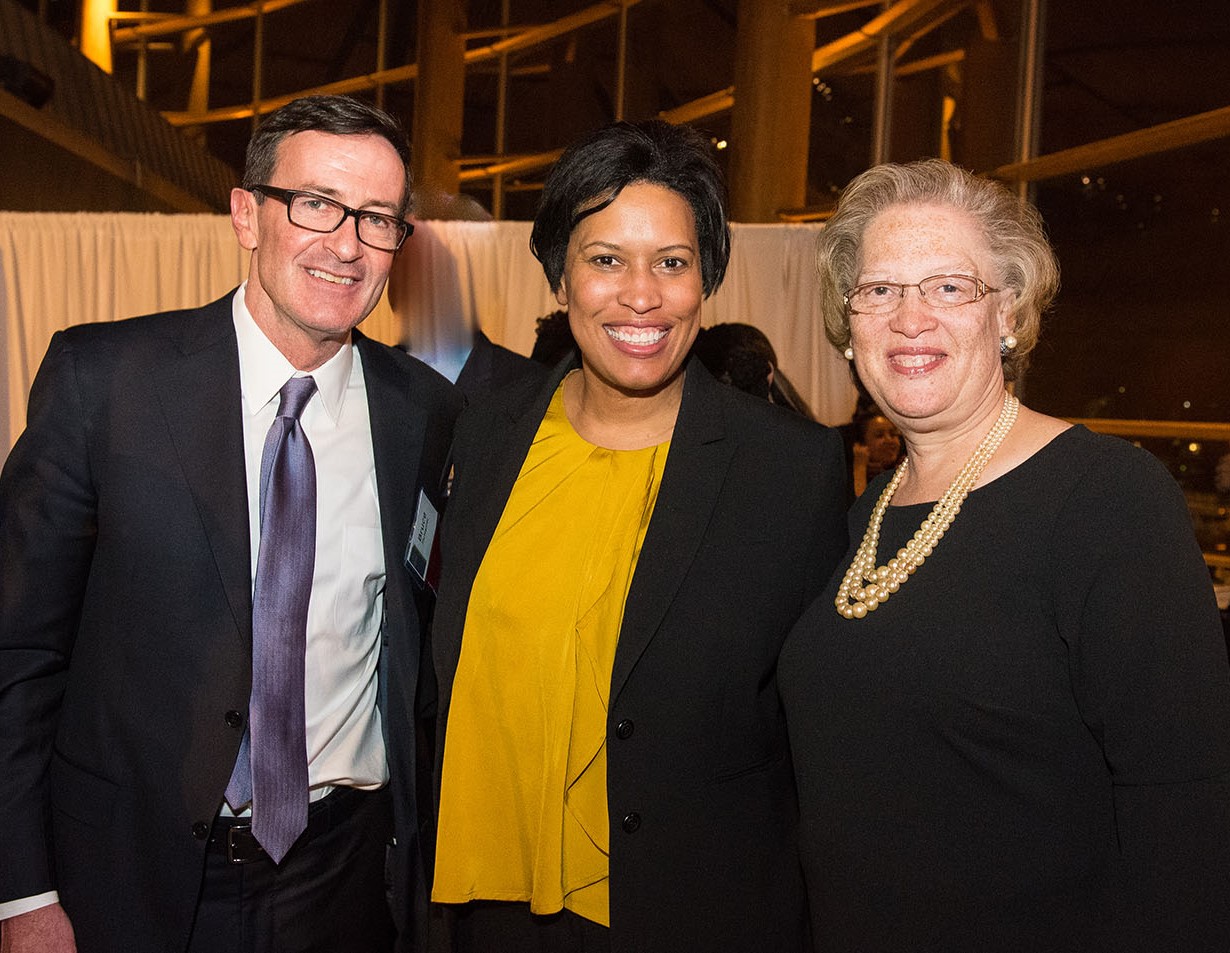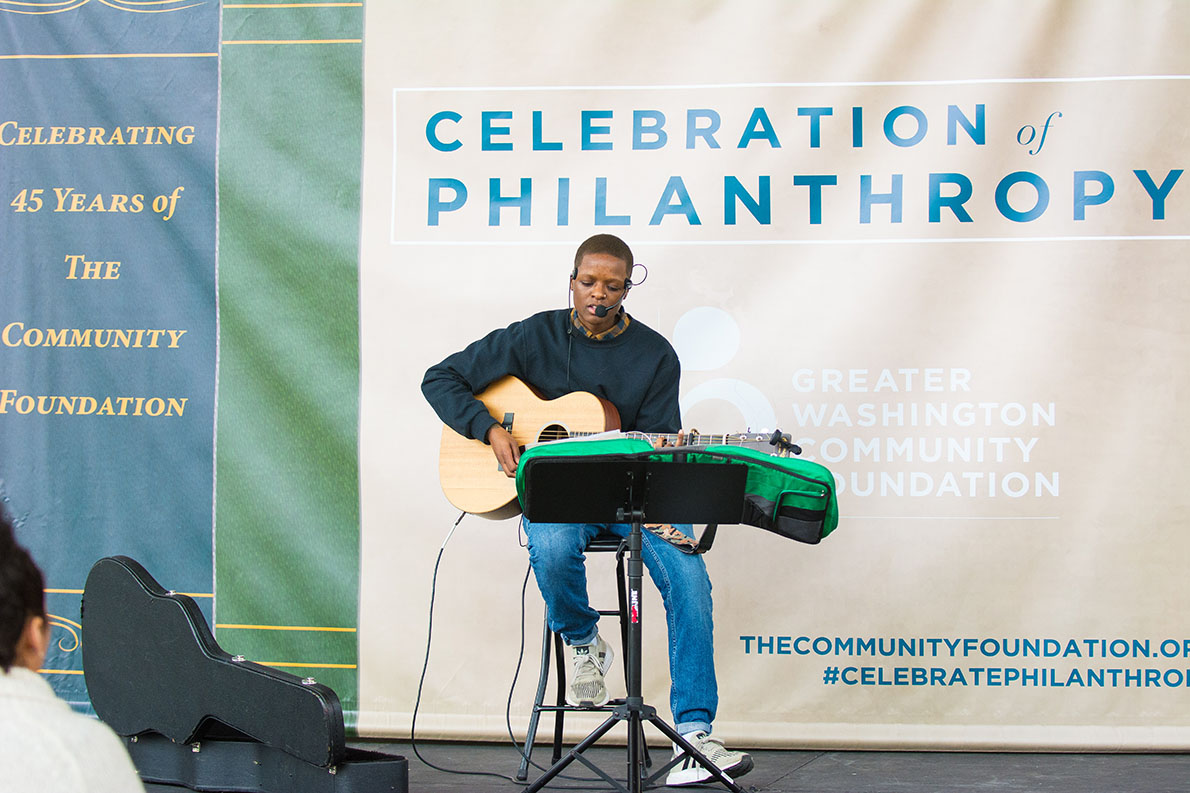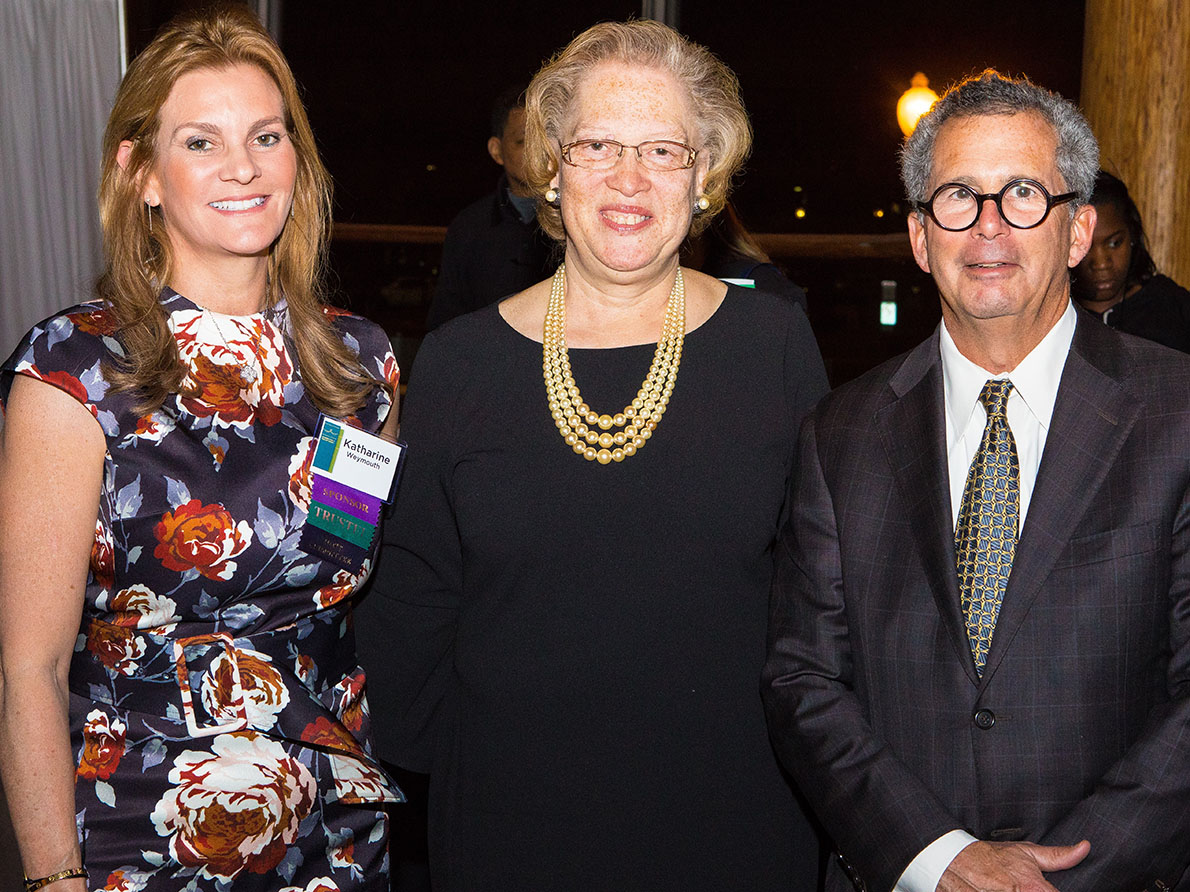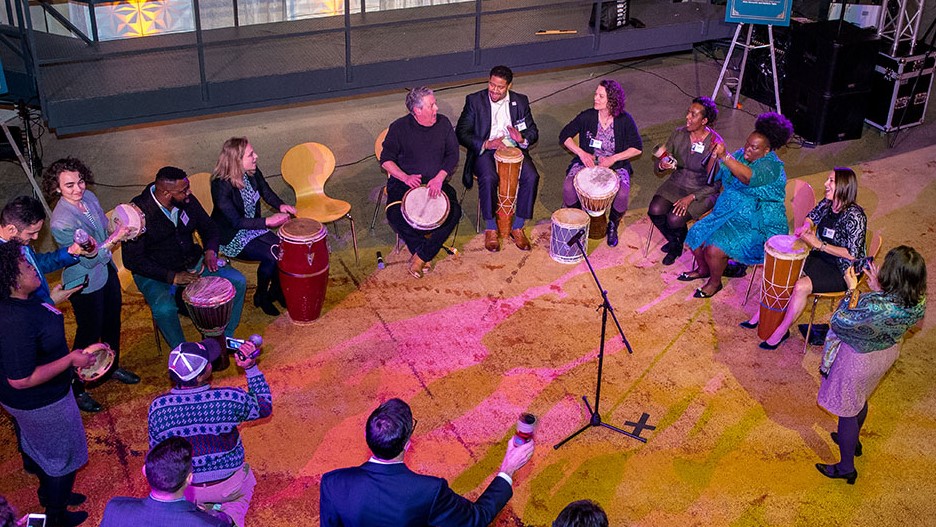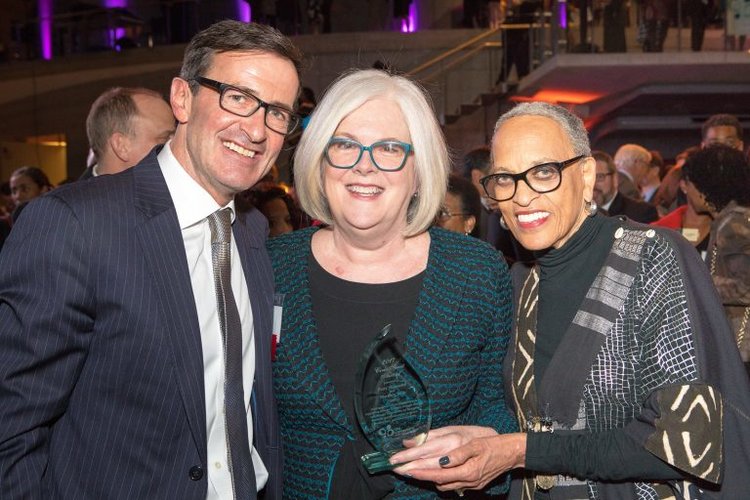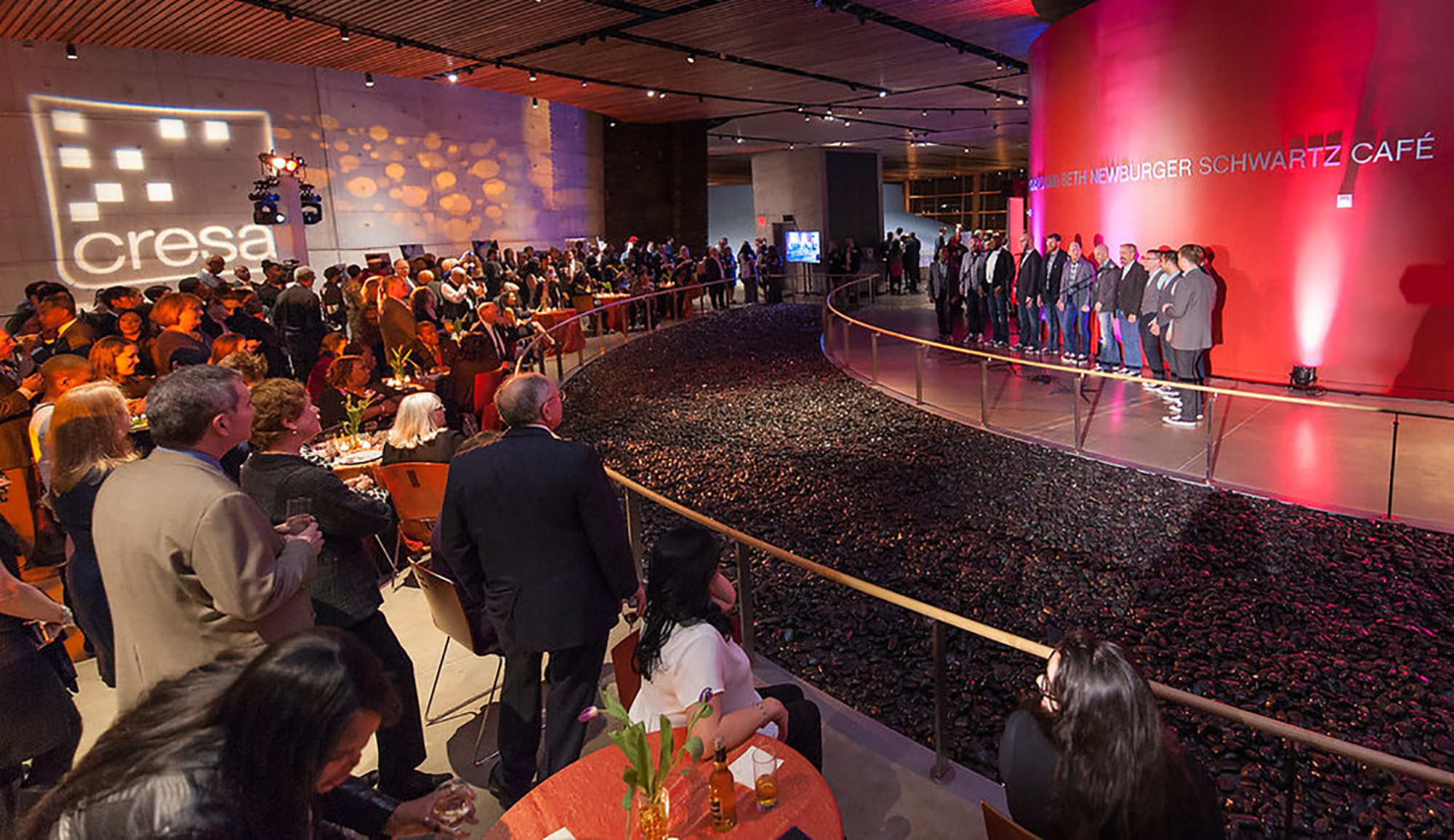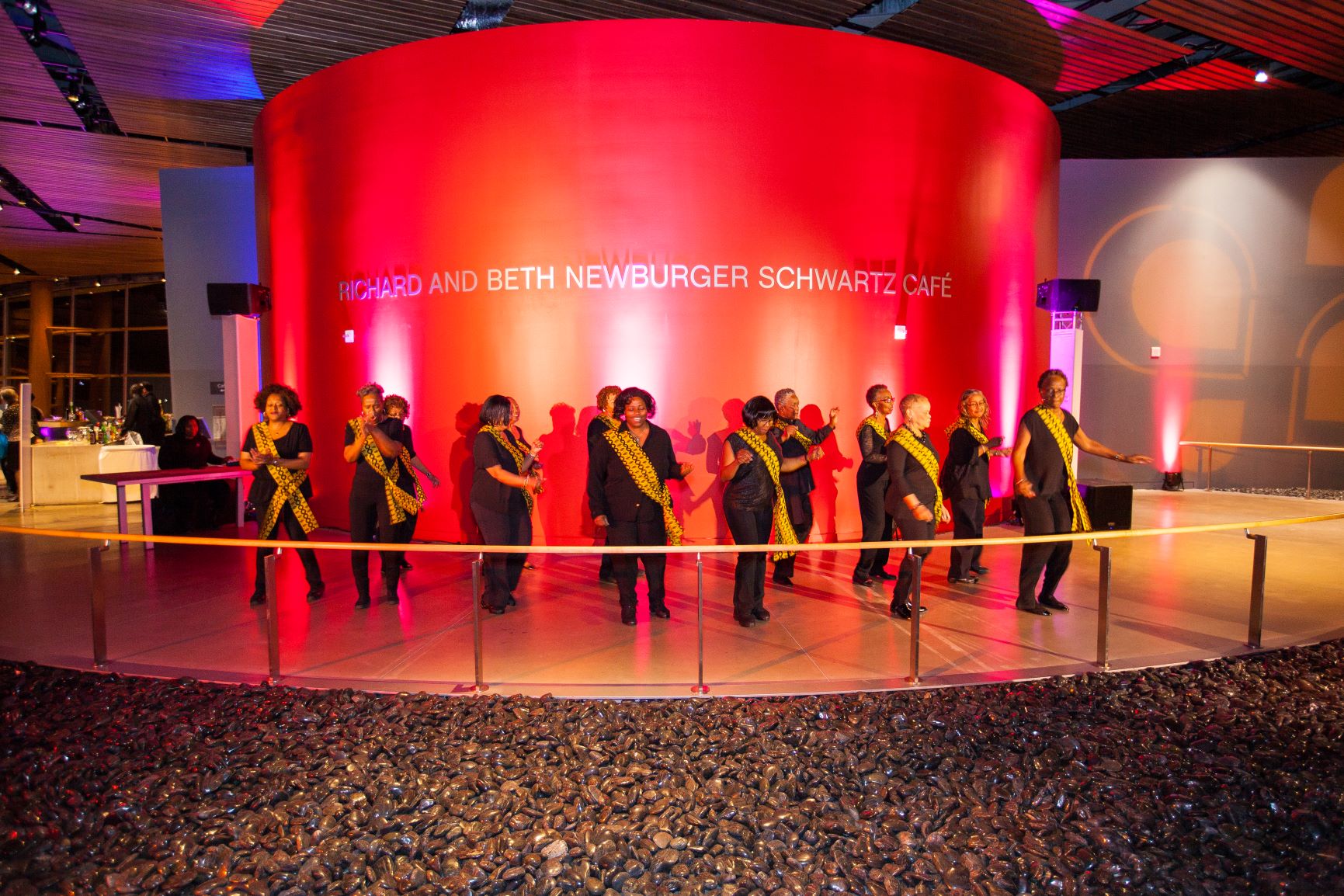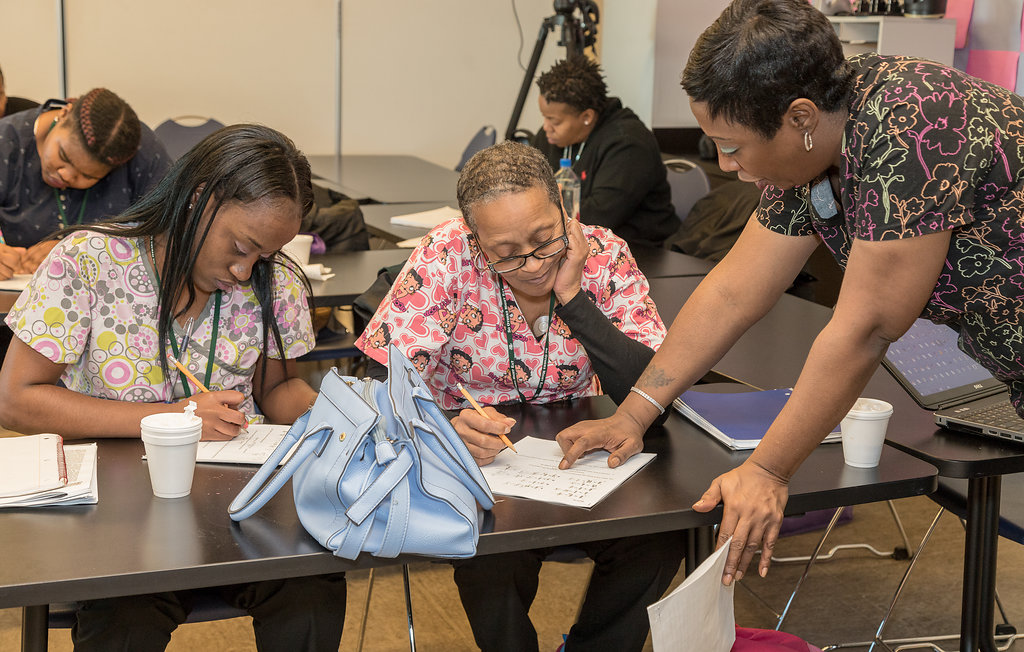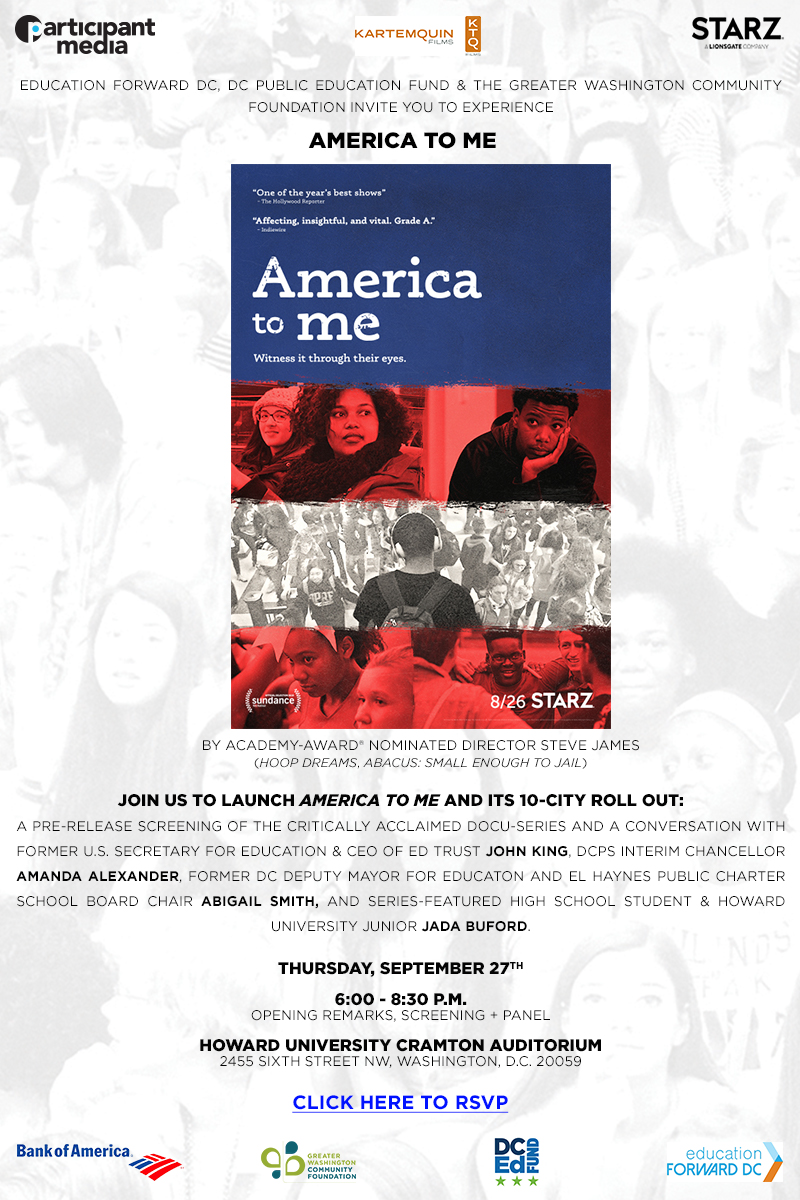The Resilience Fund has announced $90,000 in grants to three local organizations conducting advocacy on behalf of immigrants and victims of sexual assault and providing direct support for immigrants facing deportation or applying for benefits. These grants fit within the Fund’s overall focus on responding to federal policy shifts affecting our neighbors and communities in the Greater Washington region.
The Resilience Fund’s latest grants will support:
$35,000 grant to Civic Nation’s It’s On Us program to conduct advocacy with local and national partners to combat harmful proposed rule changes to Title IX that will infringe on the civil rights of sexual assault survivors on college campuses.
$30,000 grant to support Northern Virginia Family Services’ immigration legal services program to provide consultations and representation to more than 1,700 individuals annually in deportation defenses and applications for immigration benefits.
$25,000 grant to support Virginia Interfaith Center for Public Policy to engage at least 20 immigrant congregations in advocacy on policies to make Virginia more welcoming to immigrants and to build relationships between 50 ally congregations and immigrant leaders.
According to Tracey Vitchers, the executive director of It’s On Us, “The grant received by Civic Nation for It's On Us will empower our staff and students in the Washington, DC area to fight back against the Federal Department of Education's harmful proposed rule changes to Title IX that will make college campuses less safe and leave survivors more vulnerable to ongoing harm. We are grateful to the Resilience Fund for supporting our work to combat sexual violence.”
“NVFS Immigration Legal Services strives to respond to the needs of vulnerable immigrant communities in Northern Virginia by ensuring access to competent, trauma-informed, affordable legal advice and representation,” said Tori Andrea Babington, NVFS Director of Legal Services. “This has been challenging in recent years given the rapid and continuing changes to immigration policy and the fear that our immigrant neighbors are experiencing in response. We are so grateful to the Resilience Fund for supporting these critical legal services, giving us the flexibility to go where the need is greatest.”
Kim Bobo, Co-Executive Director of the Virginia Interfaith Center for Public Policy, said, “Thanks to the timely grant from the Resilience Fund, we’re reaching out to immigrant congregations around the state to engage them in advocating for a Driver’s Privilege Card for immigrants and in-state tuition for immigrants students. ‘Welcome the immigrant,”’ a core tenant of faith communities, is especially poignant for immigrant congregations and we need their engagement on these critical fights.”
These three grants show the range of the Resilience Fund’s investments in both policy interventions through Civic Nation and Virginia Interfaith Center for Public Policy and nonprofits providing direct service work through Northern Virginia Family Services.
About the Resilience Fund
The Resilience Fund was created in early 2017 as a collaborative partnership of the Greater Washington Community Foundation, the Eugene and Agnes E. Meyer Foundation, and other foundation and individual contributors. It seeks to address the critical needs of nonprofits responding to changes in federal policy and budget priorities, as well as the climate of intolerance and hate, both of which are disproportionately impacting local people of color, and immigrant and refugee communities.



